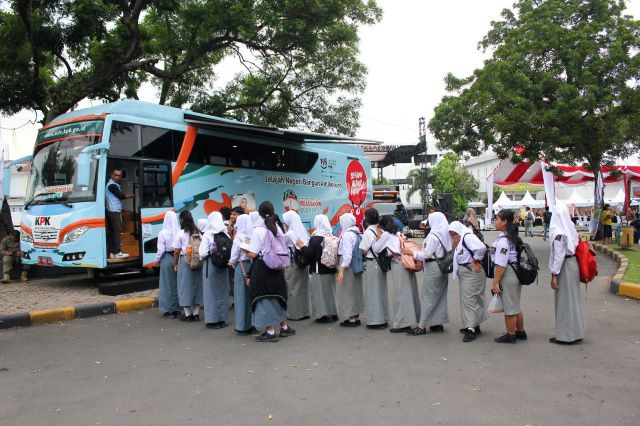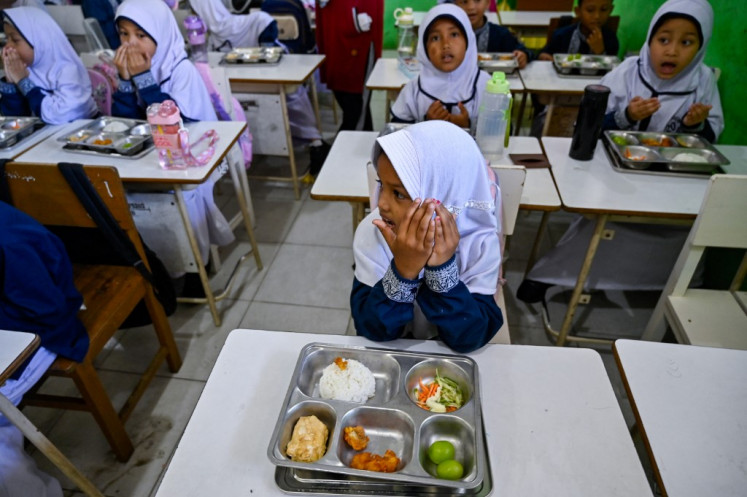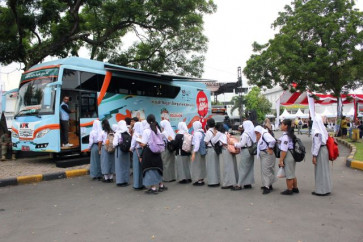Popular Reads
Top Results
Can't find what you're looking for?
View all search resultsPopular Reads
Top Results
Can't find what you're looking for?
View all search resultsA bittersweet gift to mark 20 years of the UN antigraft convention
Indonesia has marked its greatest drop in the Corruption Perception Index as the UN antigraft convention its 20th year, crowned by the recent controversial decision of the Constutional Court related to the 2024 election, even as the world watches to see if our flawed democracy will return to the fight.
Change text size
Gift Premium Articles
to Anyone
A
s we commemorate today the 20th anniversary of the United Nations Convention Against Corruption (UNCAC), the corruption eradication agenda in Indonesia is growing increasingly concerning. Indonesia scored a historic low in the 2022 Corruption Perception Index (CPI), the worst since 1997, almost two decades since the beginning of the UNCAC regime in Indonesia.
Indonesia’s slump in the CPI certainly cannot obliterate public tension, even though the country has just been welcomed as a full member of the Financial Action Task Force (FATF). Indonesia dropped four points from the previous year to 34, one of the sharpest declines among Asian countries, and its ranking fell 14 places from 96th previously.
Indonesia is now on the brink of joining the bottom third of the most corrupt countries in the world, far below its Southeast Asian neighbors such as Singapore, Malaysia, Timor-Leste, Vietnam and Thailand, a heartbreaking position to be in for the 2023 ASEAN chair.
This bitter outing implies the increasingly excessive consolidation of power in the hands of a few elites, accompanied by intensive restrictions on civic space. The situation has resulted from the public repeatedly being exposed to practices of power abuse that apparently use legitimate legal instruments to weaken the legislature, civil society and law enforcement institutions.
In the last year alone, these actions have undermined constitutional morality and democratic principles through state capture. The symptoms of this legal crisis are also worsened by the increased blocking of critics, the diminished deliberative function of the House of Representatives due to inferior opposition, the mounting problems surrounding the Corruption Eradication Commission (KPK) from institutional, ethical and leadership complications two years after the enactment of KPK Law No. 19/2019, as well as the increasingly narrow space for civil liberties.
Law enforcement institutions like the police, the Attorney General’s Office and the KPK, as well as the courts and correctional institutions, never tire of showing the crisis of integrity and morality that surrounds them. The court process is also at rock bottom due to disparities in punishment, complemented by widespread reduction in sentences for corruption convictions. The integrity of the judiciary’s last bastion, the Supreme Court, also has been tarnished due to a bribery case involving one of its justices.
This setback has been accelerated by the proliferation of trading in influence in the political system and the bureaucracy. At the same time, supervisory instruments have generally become dysfunctional due to an expansion of executive discretion.



















